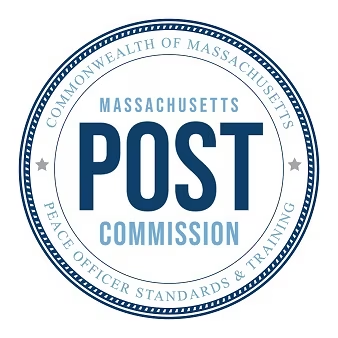
On February 27th of this year, our Executive Director was invited to the MA State POST Commission on the topic of Police Officer Wellness. The commission, formed as part of the criminal justice reform legislation enacted in Chapter 253 of the Acts of 2020, is in the process of cresting guidelines and mandates for policing in Massachusetts. One of those topic areas deals with how do we maintain officer wellness throughout one’s career.
Historically, the topic of mental and emotional wellness within policing ranks was not often spoken about. The mantra of “tough it out” and “if you can’t handle the calls you’re not cut out for this” permeated law enforcement for decades. In recent times, this community has learned that there are better ways to care for our uniformed personnel.
One wellness initiative is the concept of “Wellness Visits”. Having co-created a model for this, we spoke of our successes and challenges of implementing this type of program. It entails offering a one-hour annual visit with a CISM Peer-trained police officer and clinician to meet with the officer. The goals are to provide education, address any personal or professional emotional and/or psychological challenges the officer may be facing, provide culturally competent resources and referrals, and to make a connection with the officer so they know the face behind the resource number should they want to ever reach out for assistance.
Given the evolution of law enforcement, the new challenges faced today, and the varying degrees of public response to these officers, the need for support has grown. These officers are not simply robots, but real people who are tasked with dealing with some of the “worst of the worst” that this world offers. Providing support throughout their careers can help them maintain an optimum state of readiness and response, leading to high-quality law enforcement responses when called upon.
At NPSS this has always been a priority for us. Our team has worked in law enforcement for many years and so know first-hand the challenges our uniformed people may encounter. Our folks are extremely resilient. Let’s give them the tools and support they need and deserve to perform their difficult tasks.

